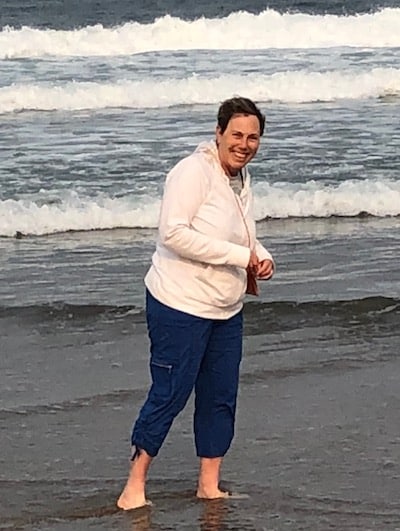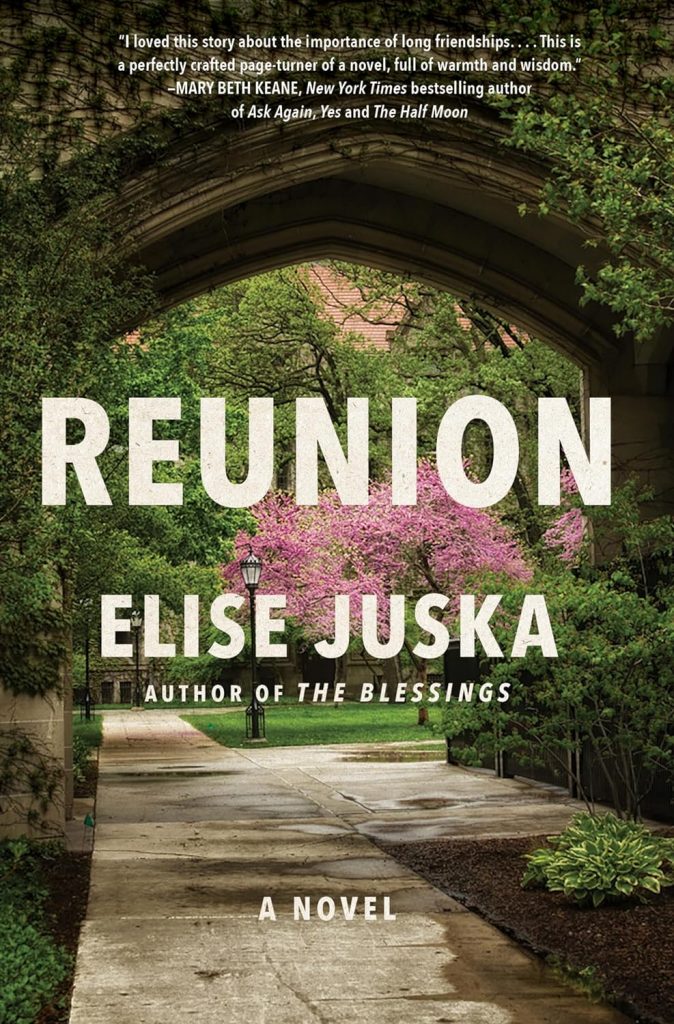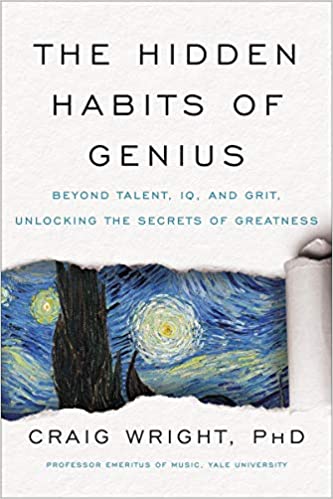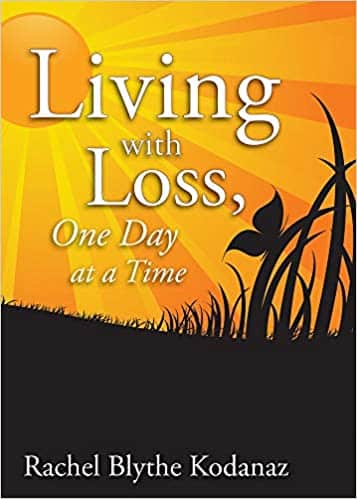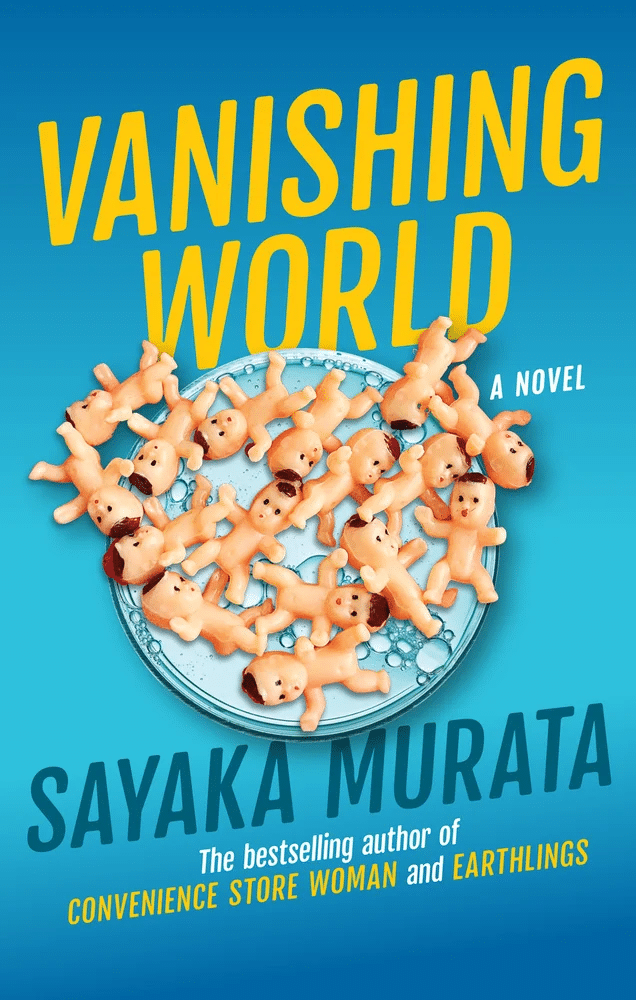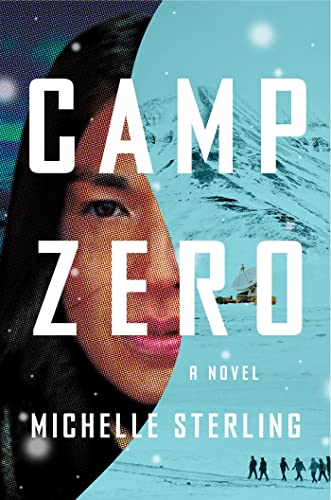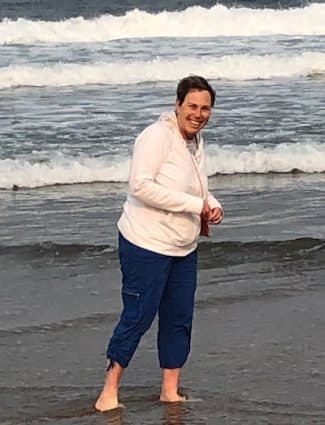
Crushed Ice for Jan
Estimated reading time: 0 minutes, 46 secondsMy landlord installed a new refrigerator and stove. Now I can make ice as well as drink cold water directly. Walking downstairs, I am still determining if I am in the correct apartment. The ice maker would have been beneficial when Jan was treated for lymphoma. I will be in a new apartment next to my current one by May. I will miss the interior stairs. However, knowing how difficult it was for Jan to maneuver them last year, it is the best option.
Moving will not be easy, but Jan will be with me wherever I live. One day at a time, I will learn from grief how to live alone.
When you buy a book or product using a link on this page, I receive a commission. Thank you for supporting Sharing Jan’s Love blog.
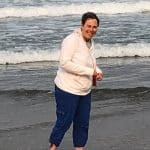
Banana Bread
Estimated reading time: 0 minutes, 46 secondsOne of the unanticipated pleasures of getting a new refrigerator is discovering hidden jewels buried deep in the freezer.
Almost lost was a loaf of banana bread, not just any banana bread but the last one that Jan and I baked together.
We baked this loaf only a month after we knew she had Lymphoma. It brought back memories of when we were first married and living in a railroad apartment on the fourth floor on Lorimer Street in Williamsburg.
We had a tattered paperback copy of The Tassajara Bread Book. Being unemployed but very much in love, we fancied ourselves as bakers who could sell bread to buy food and flour. RAJA failed, but our love lasted forever.
I hunger for a slice of the bread, knowing it tastes as sweet as Jan’s kisses. But I leave it frozen so that Mike and Jon will find it when they clean out the apartment one day. A small gift from RAJA.


